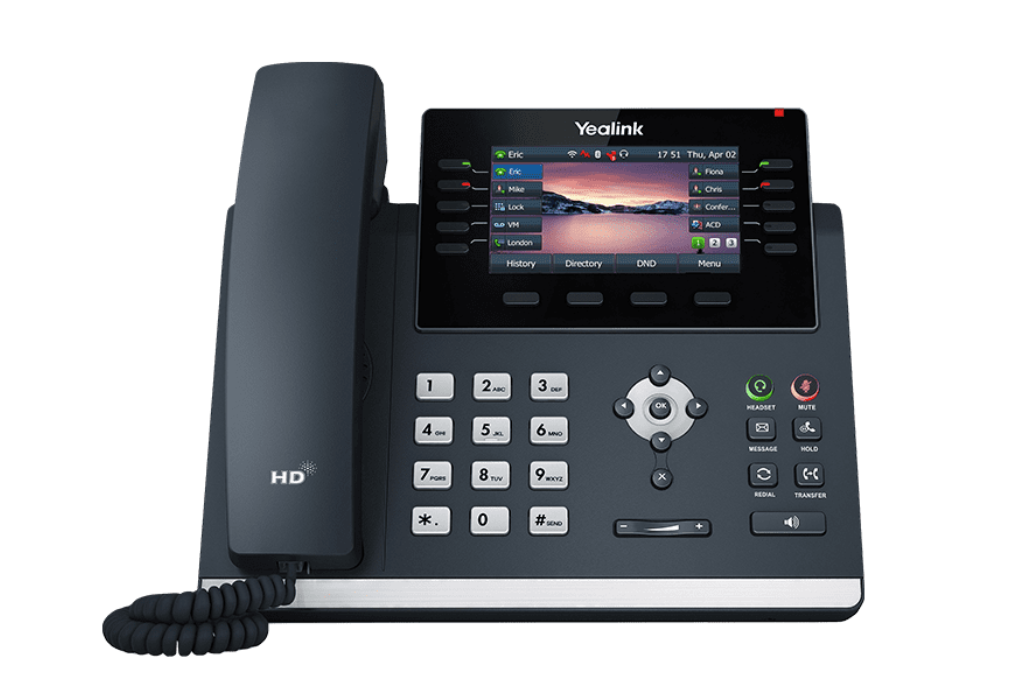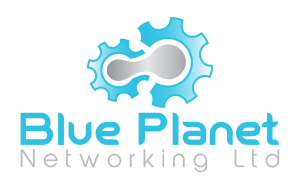Is your business prepared for the 2025 ISDN and PSTN switch off?
Back in 2015, BT announced that they will be shutting off their ISDN and PSTN services in 2025, and this is going to cause a huge shift in the way that calls are made in the UK.
In a nutshell, neither ISDN (Integrated Service Digital Network) and PSTN (Public Switched Telephone Network) technologies can deliver the volume or quality of voice data needed in this increasingly digital world. So, after the switch off, voice calls will be made over the internet using VoIP.
What is VoIP
VoIP stands for ‘Voice over Internet Protocol’. It’s the technology that allows you to make a call over an internet connection, directly from a computer, VoIP phone, smartphone or any other data driven hardware.
Making a call using VoIP can feel very similar to using a regular phone, but VoIP uses an internet connection instead of a phone line to connect the communication.
What makes its different to using a regular phone?
Unlike phonelines that just carry audio signals, a VoIP service converts voices from audio signals into digital data. That digital data is then sent through an internet connection to another user, or group of users.
How does it work?
In order to convert audio signals into digital data packets, and then have that data sent through to other users over ethernet or Wi-Fi, VoIP uses codecs.
Codecs are compression technologies – either hardware or software based – and have two components; an encoder to compress the files, and a decoder to decompress the files. In the context of using VoIP technology, the codec will compress the audio files (reducing the bandwidth requirements) into a digital data packet to be sent through an IP network, and then the codec will decompress the digital data packet, so that the information can be heard and understood by the other user(s) on the receiving end of the connection. Clever stuff!
What does a VoIP telephone look like?
The two main types of VoIP telephones are hardware based, and software based.
Hardware-based VoIP phones – These look very similar to a traditional telephone and include features such as caller ID display, touchpad, microphone, speaker etc. These phones can also facilitate the transfer of calls, conference calls and voicemail. (See image below)
Software-based VoIP phones – This is software installed on mobile devices and computers. The ‘softphone’ user interface looks very similar to that of a telephone set and includes things such as a touchpad and caller ID display. For example, when workers make or answer calls via their computer, wearing the relevant headsets to speak and listen, that is a softphone.

Here at BPNL, we opt to use the Yealink SIP – T46U hardware-based VoIP phone (as pictured above)
How can VoIP benefit businesses?
VoIP solutions aimed at businesses are streamlined into a slick consolidated and unified system, meaning that all communications methods are enabled. Therefore, teams don’t have to work with multiple applications to effectively communicate with each other, thus increasing agility and productivity.
All communications, be it web conferences, phone calls, voice calls, faxes, emails and more, can be delivered to and created with hardware such as smartphones, computers, and other mobile devices, due to VoIP telephones being software based as well as hardware based.
Other benefits
VoIP is useful as it includes other features that aren’t typically found on common phone services. These features include things such as call monitoring, call recording and caller ID.
Furthermore, switching to VoIP may well help make the business savings on communication services, since making long distance and international calls over VoIP are free. However, a high-speed internet connection is needed. Plus, traditional phone systems are usually in the thousands of pounds to purchase and install. Cloud-based phone systems are typically charged per extension in use and so offer a considerable saving in comparison
VoIP is also a great business choice for staff that work remotely because they have several ways to communicate with the workplace and the relevant contacts of it. This can also eliminate costly desktop expenses in-house.
Also, when a traditional phone system is down, there is usually no way to receive calls until it is repaired or replaced. Cloud-based systems will have alternate connections that mean if one is down, the system is switched to another, which ensures your extensions will always be available
Ultimately, every business needs to be prepared for the ISDN and PSTN switch off, and now would be the ideal time to consider your options.
Why choose Blue Planet for your Business Phone System?
Blue Planet Networking Ltd has over 20 years’ experience in supplying, installing, configuring, and maintaining Business Phone Systems. We have worked with businesses of all sizes across the East Midlands to implement and install complete bespoke phone systems, tailored to our customers’ needs. Our team of knowledgeable technicians will work with you to understand your business needs to ensure you get a business phone system that will work for your organisation.
If you are interested in learning more, please don’t hesitate to get in touch with us. We’d be happy to help.

